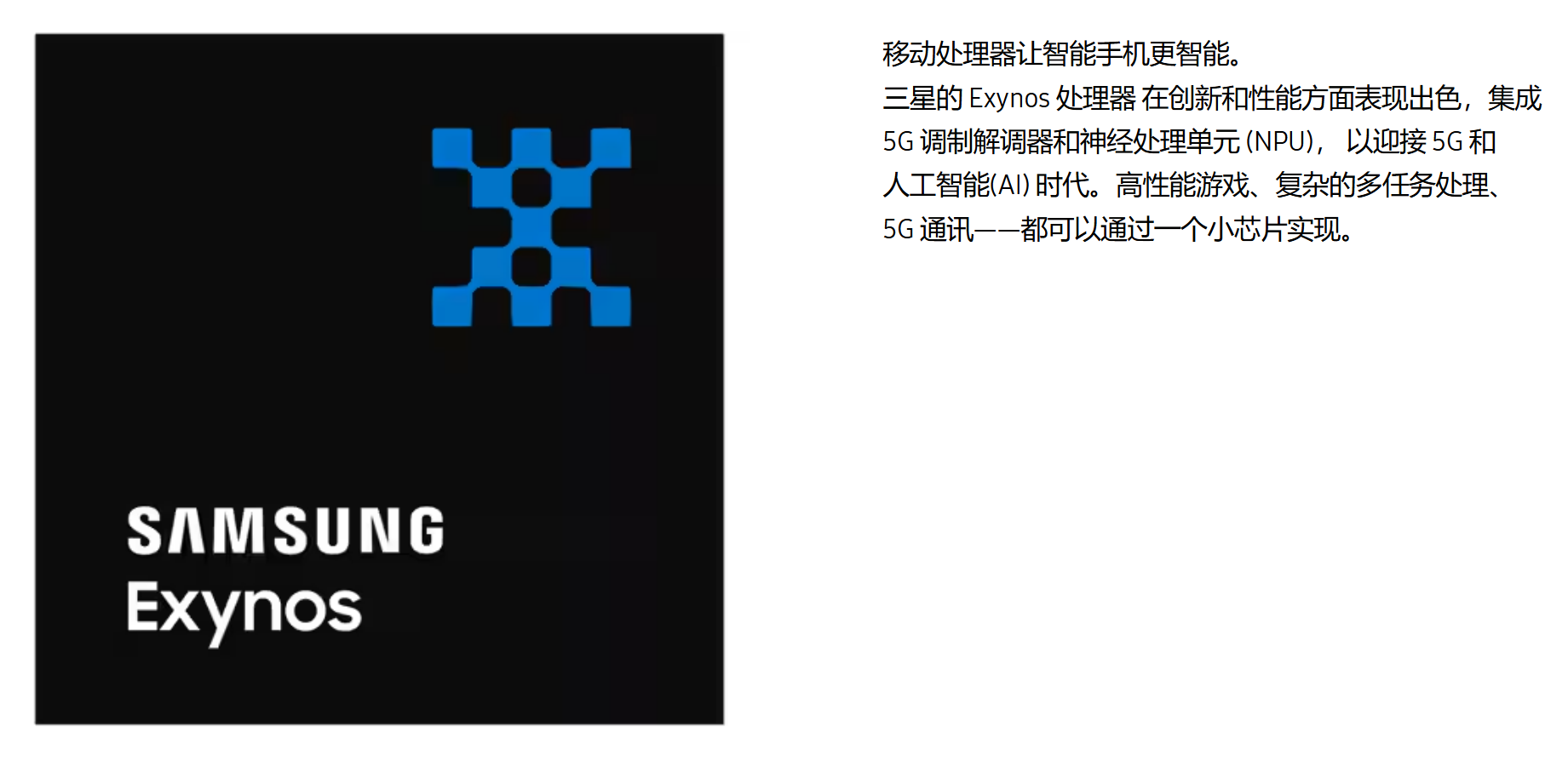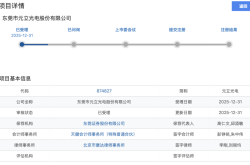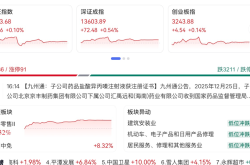Samsung's Exynos Processor Returns! Expected to Power the Galaxy S26 Series
![]() 12/17 2024
12/17 2024
![]() 538
538
In the smartphone industry, Samsung's Exynos processor has consistently played a pivotal role.
Recently, renowned leaker Jukanlosreve has revealed that Samsung will reintroduce its in-house Exynos processor in the 2026 Galaxy S26 series, marking the debut of the Exynos 2600 processor.
The Exynos 2600, the successor to the Exynos 2500, carries the processor codename "Thetis" and is crafted using advanced 2nm technology. In comparison to current 5nm and 4nm processes, it promises significantly enhanced performance and reduced power consumption, making it an irresistible option for smartphone users seeking both robust performance and extended battery life.

Image Source: X@Jukanlosreve
Previously, Samsung's 3nm process yield issues garnered considerable industry attention. According to South Korean media Chosun, the second-generation 3nm GAA (Gate-All-Around) process has entered a stable phase, paving the way for the production of the Exynos 2500. However, due to initial production constraints, the Galaxy S25 series may not incorporate chips utilizing this technology. Currently, South Korean media outlet The Elec reports that the Exynos 2500 processor will initially be integrated into the Galaxy Z Flip7 and Galaxy Z Flip FE foldable phones.
Consequently, the potential yield challenges associated with the more demanding 2nm process represent technical hurdles that Samsung must diligently overcome. Enhancing yield not only impacts the overall cost control of the product but also directly influences its market competitiveness.

Image Source: Samsung Semiconductor Official Website
With the return of the Samsung Exynos processor, the synergy between Samsung's hardware and software will further improve. This practice is common among high-end brands; for instance, Apple's iPhone is renowned for its superior optimization through the synergy of the iOS system and M-series chips, attracting a vast loyal user base. Samsung's commitment to developing the Exynos processor aligns with industry trends.
Furthermore, the reintroduction of the Exynos processor grants Samsung a more diversified processor strategy. In the fiercely competitive hardware market, a single product strategy often falls short of meeting diverse market demands. The inclusion of the Exynos processor provides Samsung with additional product options and combinations, catering to individual consumer needs and enhancing its resilience to market risks.
Looking ahead, we can anticipate intensified competition in the smartphone market. The rivalry between semiconductor giants like Samsung and Qualcomm in high-end flagship processors will further propel advancements in smartphone performance and power efficiency.
Source: Leitech







